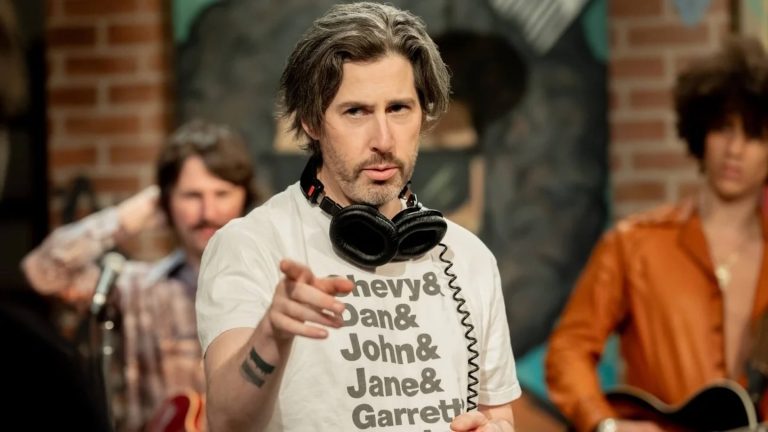Screenwriters Beware! Copyright and Nondisclosure Agreements

Script theft happens.
Strangely, many writers are resistant to protecting their work or they take shortcuts to save a few dollars. This is foolhardy. You must protect yourself as best you can. There are several types of protection available, and you must know which to choose.
What is Copyright?
From the U.S. Copyright Office: “Copyright is a form of protection grounded in the U.S. Constitution and granted by law for original works of authorship fixed in a tangible medium of expression. Copyright exists from the moment the work is created. You will have to register, however, if you wish to bring a lawsuit for infringement of a U.S. work.”
Let’s say someone infringes on your copyright. If you have a copyright filed before the infringement takes place, you can get up to $150,000 in statutory damages plus attorney fees for willful infringement. If you don’t formally file your registration until AFTER the infringement, then you cannot get statutory damages. This effectively guts your action. That's why you MUST file for copyright before the first time you give your work to anyone.
Copyright vs. WGA Registration
The Writers Guild of America (WGA) offers script and other writing registration. It is available to both members and non-members. WGA charges $20 (discounted to $10 for members) and gives you ZERO copyright protection.
WGA registration offers some evidence of when a work was completed and could be useful in battles of authorship between co-writers. A file saved separately for each writing day does far more to prove authorship than WGA registration, and costs nothing.
In addition, your WGA registration must be renewed every five years. Copyright is done ONCE and survives your death plus another 70 years! Copyright registration, coupled with your own meticulous records, offers the BEST protection.
On Non-Disclosure Agreements (NDA's)
You cannot copyright your idea, rather you can only copyright the execution thereof. You can copyright your work that is fixed in a tangible medium of expression (such as fully written). Your idea is bare, naked, and ready to be stolen. That's where an NDA comes in.
Without an NDA, your idea can be stolen straight out of your submission. An NDA gives the reason why a script was submitted and is an enforceable contract that will give additional remedies on top of the copyright action. While it may be very difficult to get someone to sign an NDA, without it, you are at greater risk.
With the NDA, you can bring a separate action outside of federal court, should you wish to do so. Your cause of action is basically that you pitched your idea, which has value, for compensation, should they use it. Thus, you now cover your idea with the NDA, and the execution of that idea (your script) with the copyright. See THE PURGE case for the gruesome details.
Also, expect that any production company or studio will request that you sign THEIR NDA. They do this because they have really good lawyers and know it is smart.
Let me make it perfectly clear: They do not want to sign your NDA, and will likely refuse. Yet, they will demand you sign their own NDA. On occasion, if they really like your project, or you are an in-demand writer, they may sign. If you proceed without the NDA, it is a risk, as I have already discussed. While many studios and production companies are honest, some companies or individuals may not be. Choose whom you submit your script to carefully.
If you roll the dice and proceed without the NDA, you must at the very least have a pre-filed copyright. The date of award of the copyright will refer back to the date of filing if it is granted, so you do not have to wait to get the copyright certificate in the mail to send your work out.
Copyright is the way to go
Finally, don't even think of “protecting yourself” using the "Poor Man's copyright." This is the name for mailing yourself your work, receiving it, and leaving it unopened in the postmarked envelope. It does not work, and I have never found a case in which it has. You will think you are protected, rely on it, and lose. Don't bother.
Now that you know copyright is the only way to go, you must be careful to use only the genuine U.S. Copyright Office, Library of Congress website. There are companies out there that try to mimic the LOC website. At present, the website is: http://copyright.gov/eco/
Remember, a tricky part of the website is properly categorizing your to-be-registered work. It is a WORK FOR THE PERFORMING ARTS. Do not use the other categories, as they are wrong for screenwriting, and may delay or deny granting of the copyright registration. Also, be sure to be clear about authorship (are there co-writers or story writers on the project)?
If you don't want to file for copyright yourself, there are lawyers and some legitimate companies that will do the registration for you at a cost above the registration fee. These legitimate services do not try to fool you by mimicking the official government copyright site. They explain exactly who they are and what they do.
Protect your hard work and sleep easy.
***DISCLAIMER: This general information does not constitute legal advice as to your specific situation or to any particular individual. The law is in flux and changes. Consult an attorney familiar with entertainment law on your unique situation.***
This is a guest post by Michael Bierman.
Michael E. Bierman is a screenwriter and attorney. He has won more than 40 awards in major international competitions. Notably, his screenplay NEEDLES, was selected Top 10 Scripts for Science Fiction, and Top 10 Scripts for Horror out of 8,627 scripts by Frank Darabont at the 2015 Austin Film Festival. He has also finished in the Top 25 Scripts three times at PAGE Awards. He founded and runs the Facebook group “Screenwriters Who Can Actually Write.” His IMDb page and contact information can be found here.
Tags
Get Our Screenwriting Newsletter!
Get weekly writing inspiration delivered to your inbox - including industry news, popular articles, and more!



























